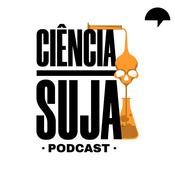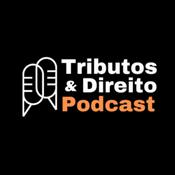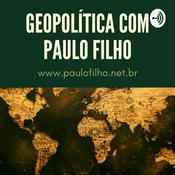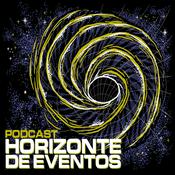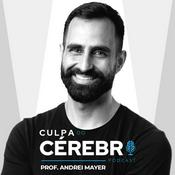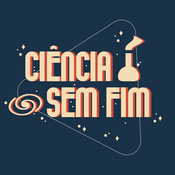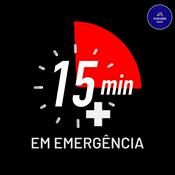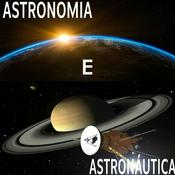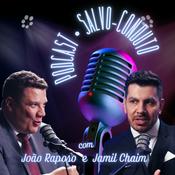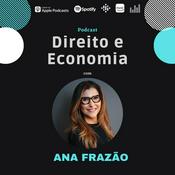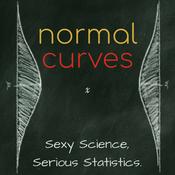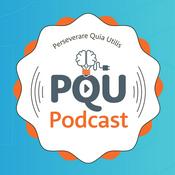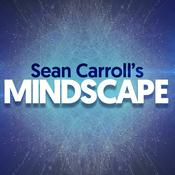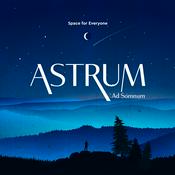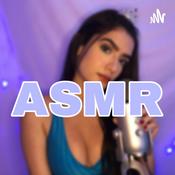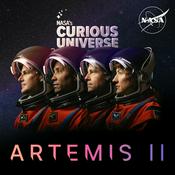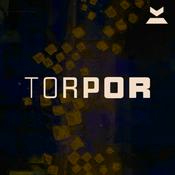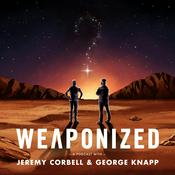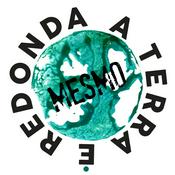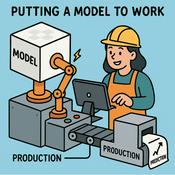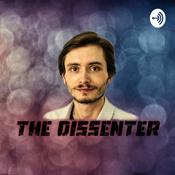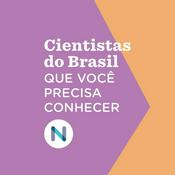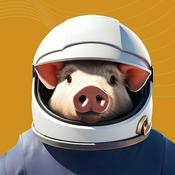18 episódios
Episode 18: Let’s Talk About Aliens!
14/1/2026 | 47min
EN: Let’s Talk About Aliens! In this episode Adam and Marcelo discuss the possibility of alien life in the galaxy. Starting with the mysterious 3I/A interstellar object (it is a comet folks!) they dive deeply into what we know and what we don’t know about alien life, visits to Earth, interstellar travel, and what would these other creatures would possibly look like, if they exist.PT:Vamos Falar Sobre ETs'!Neste episódio, Adam e Marcelo discutem a possibilidade de vida alienígena na galáxia. A partir do misterioso objeto interestelar 3I/A (sim, pessoal, é um cometa!), eles mergulham fundo no que sabemos — e no que não sabemos — sobre vida extraterrestre, possíveis visitas à Terra, viagens interestelares e como essas outras criaturas poderiam ser, caso existam.
Episode 17: From the Space Race to the Multiverse: Science x Religion
17/12/2025 | 49min
ENFrom the Space Race to the Multiverse: Science x ReligionIt may seem surprising, but religious thinking hides in the strangest of places, even in those labeled as very scientific and technological. With our guest prof. Mary-Jane Rubenstein, we dive deep into the hidden relationships between cutting-edge ideas in theoretical physics — in particular the multiverse - and in the ideology behind the space race as the next home for humanity. A conversation not to be missed!PTDa Corrida Espacial ao Multiverso: Ciência x ReligiãoPode parecer surpreendente, mas o pensamento religioso se esconde nos lugares mais inesperados — até mesmo naqueles rotulados como extremamente científicos e tecnológicos. Com nossa convidada, a professora Mary-Jane Rubenstein, mergulhamos fundo nas relações ocultas entre ideias de ponta da física teórica — em especial o multiverso — e a ideologia por trás da corrida espacial como o próximo lar da humanidade. Uma conversa imperdível!
Episode 16: The Planet and The Planetary
03/12/2025 | 46min
EN:The Planet and The Planetary.In this episode we talk with philosopher Lukáš Likavčan about how human culture will respond to a climate changing planet.PT:O Planeta e o Planetário..Neste episódio, conversamos com o filósofo Lukas Likavčan sobre como a cultura humana responderá a um planeta em mudança climática.
Episode 15: The Meaning of Quantum Theory
19/11/2025 | 51min
EN: Searching for the Meaning of Quantum Theory: From the Many Worlds to QBism. In this conversation, guest Jacques Pienaar and Marcelo Gleiser discuss the implications of quantum theory and the many-worlds interpretation to our understanding of physical reality. What does quantum physics tell us about the world and our place in it? Pienaar introduces the concept of the Everett telephone, a theoretical communication channel that allows interaction between parallel universes, exemplifying this with a hypothetical conversation between different versions of himself. Weird enough for you? But if a theory is not testable, can we still take it seriously?PT:Procurando O Significado da Teoria Quântica — Dos Muitos Mundos ao QBismNesta conversa, o convidado Jacques Pienaar e Marcelo Gleiser discutem as implicações da teoria quântica e da interpretação de muitos mundos para nossa compreensão da realidade física. O que a física quântica nos diz sobre o mundo e sobre o nosso lugar nele? Pienaar apresenta o conceito do telefone de Everett, um canal teórico de comunicação que permitiria interação entre universos paralelos, exemplificando isso com uma conversa hipotética entre diferentes versões de si mesmo. Estranho o suficiente pra você? Mas, se uma teoria não é testável, ainda podemos levá-la a sério?
Episode 14: Some Like It Hot: Heat Is a Form of Motion
05/11/2025 | 44min
EN:Some Like It Hot: Heat Is a Form of MotionIn this episode we discuss the basic physics of heat, from its beginnings in the experience of hot and cold to Boltzmann’s H-theorem and its shortcomings and its role in the industrial revolution. With the study of heat probabilities come into physics for the first time, changing the game in deep ways, connecting the physical of the very small with human scale science, giving rise to some of the most important blind spots of science.PT:Alguns Gostam Quente: O Calor é uma Forma de MovimentoNeste episódio, discutimos a física básica do calor — desde suas origens na experiência do quente e do frio até o teorema H de Boltzmann, suas limitações e seu papel na Revolução Industrial.Com o estudo do calor, as probabilidades entram na física pela primeira vez, mudando o jogo de maneiras profundas, conectando o mundo físico do muito pequeno à ciência em escala humana e dando origem a alguns dos maiores pontos cegos da ciência.
Mais podcasts de Ciência
Podcasts em tendência em Ciência
Sobre The Blind Spot Podcast
Ouça The Blind Spot Podcast, Hidden Brain e muitos outros podcasts de todo o mundo com o aplicativo o radio.net
Obtenha o aplicativo gratuito radio.net
- Guardar rádios e podcasts favoritos
- Transmissão via Wi-Fi ou Bluetooth
- Carplay & Android Audo compatìvel
- E ainda mais funções
Obtenha o aplicativo gratuito radio.net
- Guardar rádios e podcasts favoritos
- Transmissão via Wi-Fi ou Bluetooth
- Carplay & Android Audo compatìvel
- E ainda mais funções

The Blind Spot Podcast
baixe o aplicativo,
ouça.

